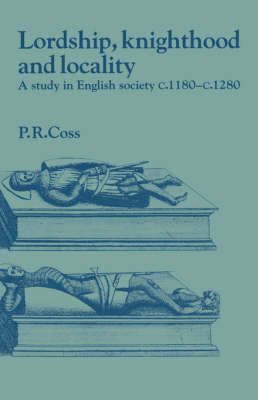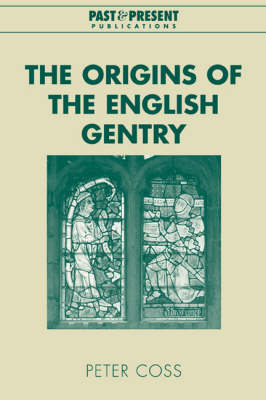Past and Present Publications
2 total works
This book is a study in the evolution of English society between c. 1180 and c. 1280. The argument proceeds by means of a detailed analysis of the honour and locality of Coventry, concentrating upon the nature of lordship and upon the social and economic fortunes of knights, free tenants and local administrators, and the relationships between them. A further dimension is added by the existence of an important seignorial borough at the centre of the locality. The book therefore not only explores the role of the town in the evolution of the knightly class, but also examines more broadly the relationship between town and country in this period. Following this analysis the book turns to a broader consideration of the fortunes of the knightly class in the Warwickshire region and to the issues surrounding the evolution of knighthood in general.
The gentry played a central role in medieval England, and this study is a sustained attempt to explore the origins of the gentry and to account for its contours and peculiarities between the mid-thirteenth and the mid-fourteenth century. The book deals with the deep roots of the gentry, but argues against views which see the gentry as formed or created earlier. It investigates the relationship between lesser landowners and the Angevin state, the transformation of knighthood, and the role of knights in the rebellion of mid thirteenth-century England. The role of lesser landowners in the society and politics of Edwardian England is then put under close scrutiny. It also emphasises changes in social terminology and the rise of social gradation, the emergence of the county as an important focus of identity, the gentry's control over the populace, and their openness to the upward mobility of professionals.

